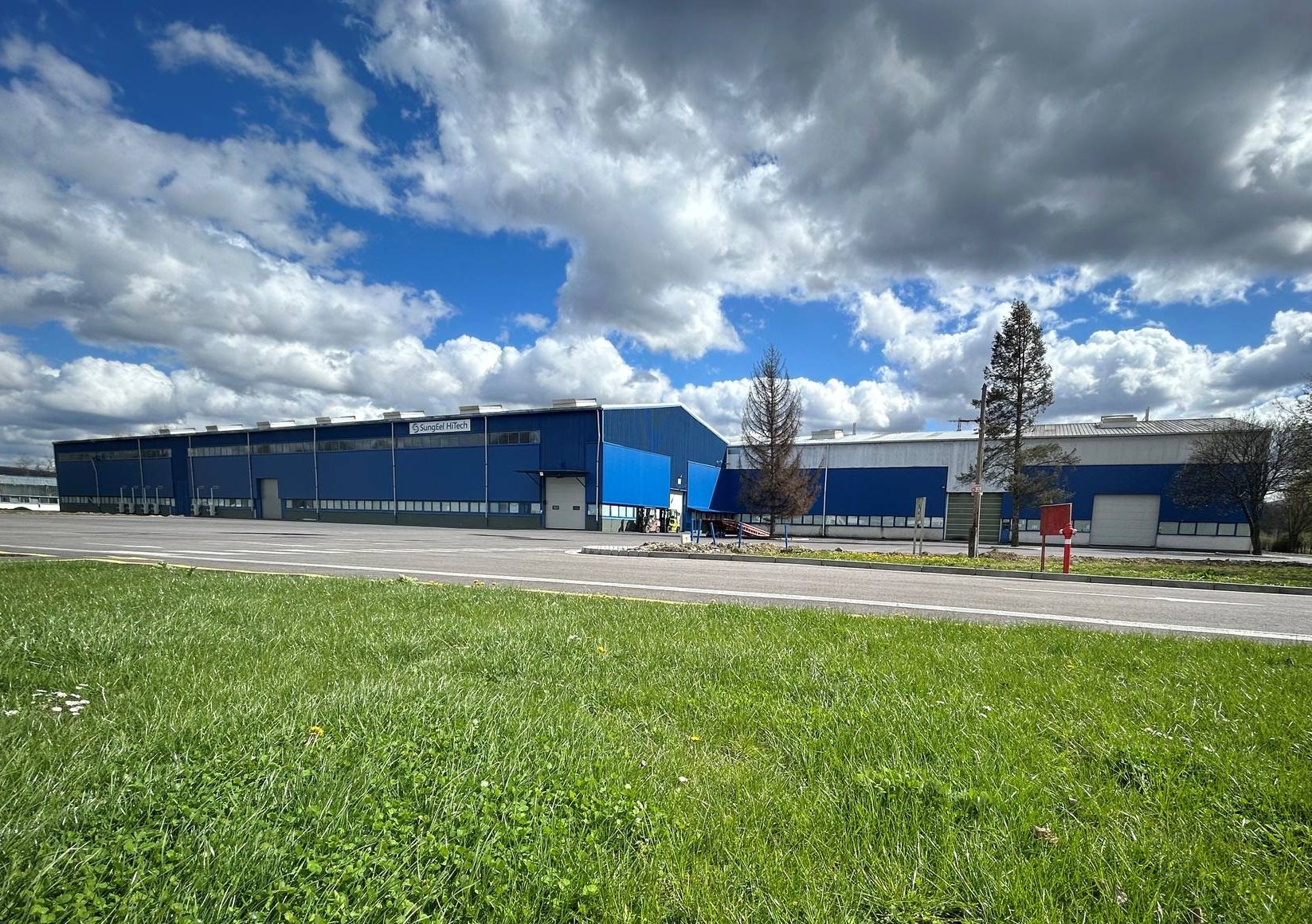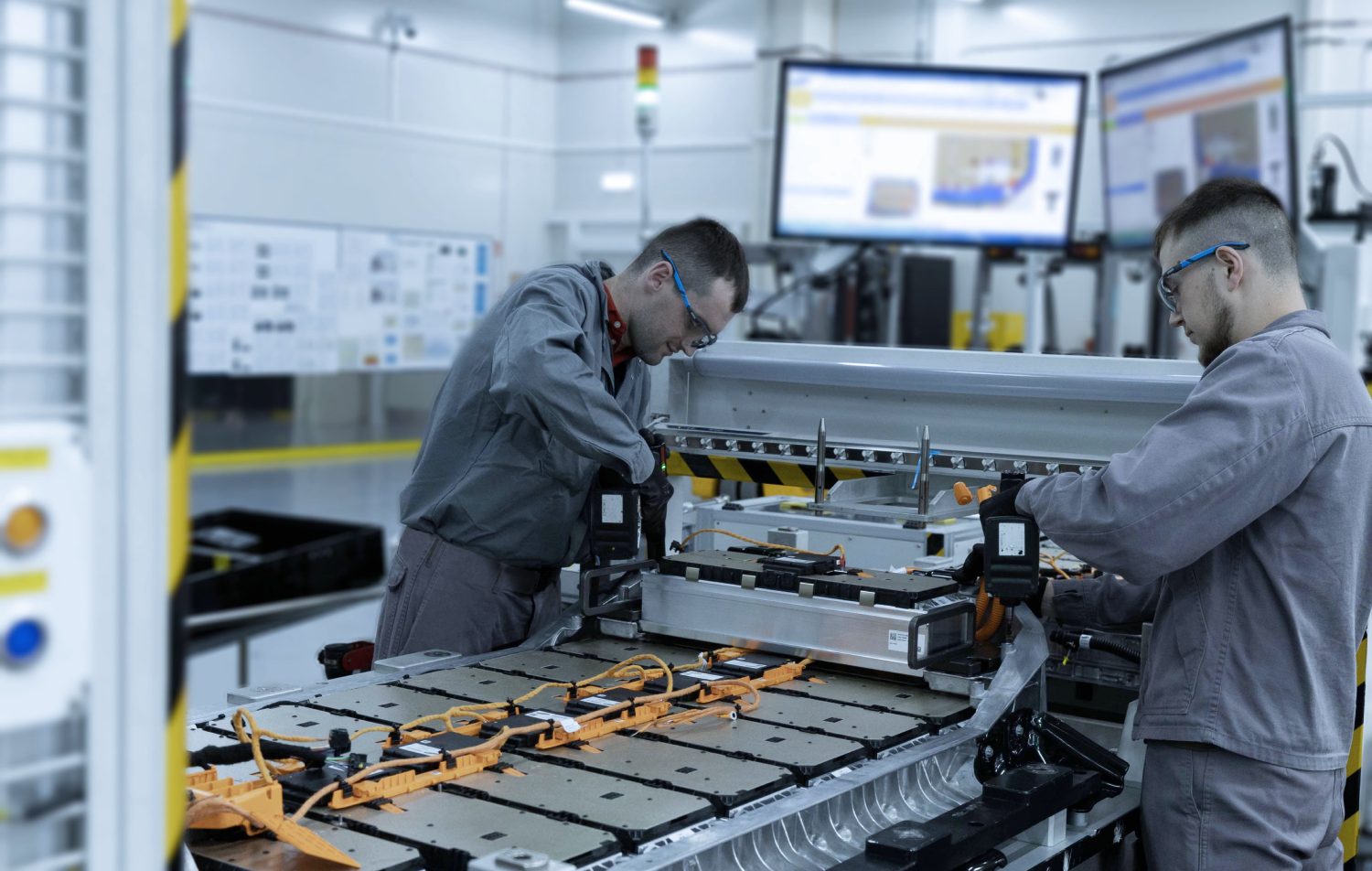
The Hungarian oil giant MOL Group is also actively looking for business opportunities in battery recycling.Continue reading

The government’s goal is for Hungary to become a European research and development (R&D) center for battery technology by 2030 and to remain among the top five players in the world battery industry, said István Joó, Government Commissioner and CEO of the Hungarian Investment Promotion Agency (HIPA), at the Hungarian Battery Week conference in Budapest.
The vehicle industry is undergoing a profound transformation and China is at the center of the electromobility revolution, the CEO said. He added: “The global penetration of Asian manufacturers is demonstrated by the fact that of the ten battery manufacturers covering 95% of the market, six are Chinese, three are South Korean and one is Japanese.”
István Joó highlighted:
Europe needs to recognize that battery manufacturing has become a strategic industry and that the future of the European automotive industry depends on its cooperation with China.”
The government has adapted in time to the two megatrends dominating the global economy: the spread of electromobility and the growth of foreign direct investment from the Far East, supported by the strengthening of economic ties with Asian countries and the government’s policy of opening up to the East.
The government commissioner told the conference that HIPA has supported 59 projects related to battery manufacturing since 2016. Investments worth EUR 24 billion have created some 33,000 new jobs.
The dynamic growth of the sector is indicated by the fact that battery exports accounted for 6.4% of total Hungarian exports in 2023.
István Joó noted: the Göd (near Budapest) factory of Samsung SDI, Hungarian operations of SK On facilities in Komárom (northern Hungary) and Iváncsa (central Hungary), and CATL will soon start operations, while the investments of EVE Power, also building a factory in Debrecen (eastern Hungary), and Sunwoda in Nyíregyháza (northeastern Hungary) are also on schedule.
He said that he assured investors that Hungary is a safe investment destination, pointing to the closure of several similar plants in Western Europe. The plants that are operating in Hungary and will be commissioned later will be built, he said.
István Joó also stressed that Hungary is striving to develop a complete battery ecosystem, and that HIPA’s investment incentive policy fits in with this, helping it move up the global value chain.
He pointed out that
Hungary seeks to play a bridging role between Western car manufacturers and Asian battery producers, in line with its policy of economic connectivity and economic neutrality.
According to the HIPA CEO, all the data suggest that the downturn in the automotive industry is only temporary and the outlook is positive.
Hungary has become a major global player in the new era of the automotive industry, István Joó underlined, and presented the government’s five-point plan until 2030, whose primary goal is to keep Hungary among the top five players in the world battery industry.
Other goals include making the country a European center for R&D in battery technology, a base for battery industry service centers and a leading European center for higher education and vocational training by 2030. “Another ambition is to have the highest number of battery patents registered in Hungary in Europe.
This is essential to move from the ‘Made in Hungary’ era to the ‘Invented in Hungary’ era.”
The Hungarian Battery Week, a three-day event, organized by the Hungarian Battery Association and White Paper Consulting, takes place at Hungexpo (exhibition and conference center) and brings together key players from the battery industry to discuss the challenges and opportunities of the industry, as well as current issues related to energy transition and energy storage technologies.
Via MTI; Featured image via Facebook/Samsung SDI Hungary